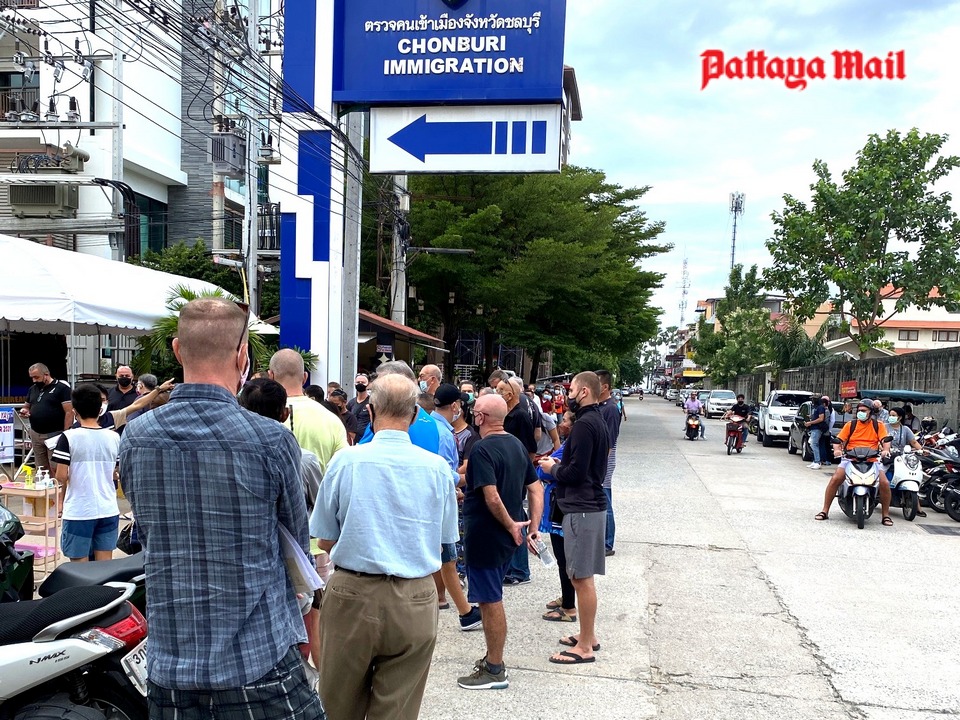
The Thai Immigration Act of 1979 was gazetted just after the end of the Vietnam War in 1975. Its tone and terms reflect the attitude of that era, but have now become anachronistic and no longer reflect the way contemporary Thais view the world or its “aliens”.
Thai society was compelled to open up and modernize after that conflict. In so doing, it has experienced significant social, political, technological and economic changes which have transformed Thailand into a more mature and outward-looking nation.
The post-war basis is simply no longer appropriate given that the presence of “aliens” no longer poses a threat to the national security of Thailand. In fact, Asian countries which have opened up to expats have done much to improve their economy and enriched their society. Hong Kong and Singapore have been cases in point.
The system centers on the requirement for longstay foreigners and expats to report their address to the local immigration bureau every three months which they reside here. Although it is theoretically possible to register details online, there are frequent complaints about technological collapse and almost 90 percent of registrations are still conducted in person. Long queues at immigration offices, especially before and after public holidays, are frequently criticized on social media.
As a consequence of many military interventions over the years, Thai society and its institutions have been strongly influenced by coups. Given that army rule tends to be conservative, there has been no incentive for much-needed reform. Indeed, immigration bureaucracy has become more onerous in recent years with even short stay tourists required to notify their address shortly after arrival. The rules of entry for different categories of foreigner have become even more complex during the current pandemic.
Neighboring Cambodia, by contrast, has introduced a simple, online tourist registration system for those wishing to remain beyond 30 days. Called the Foreigners Present in Cambodia System, it provides multiple and immediate contact options by address, phone, email or QR code. There is no need to register unless or until the foreigner changes his Cambodian abode. Most of the registrations are completed by hotels or landlords.
By contrast the Thai system of registration is cumbersome. Hotels not infrequently fail to report new arrivals which can lead to fines on the luckless tourist. There is confusion about the date of the 90 days reporting, which is actually a three weeks’ window, as opposed to a specific day when a visa expires. Many expats are confused by different interpretations of the law in immigration offices, for example whether an expat has to register again the same address on returning from abroad.
Admittedly, there has been some limited improvement overall. A new four year, hi-tech visa does not require a 90 days report although it is awarded only to specialist professionals from abroad. Work permit legislation has become slightly less onerous, for example multiple jobs and locations are now possible. New retiree and investor visas, lasting up to 10 years but requiring considerable assets, are promised to be free of 90 days reporting although no details are yet available. Nonetheless, it is high time that Thailand reformed wholesale its immigration policies and requirements to create a far more user-friendly and contemporary context. The country and its future deserves no less.
 |
 |
 |





